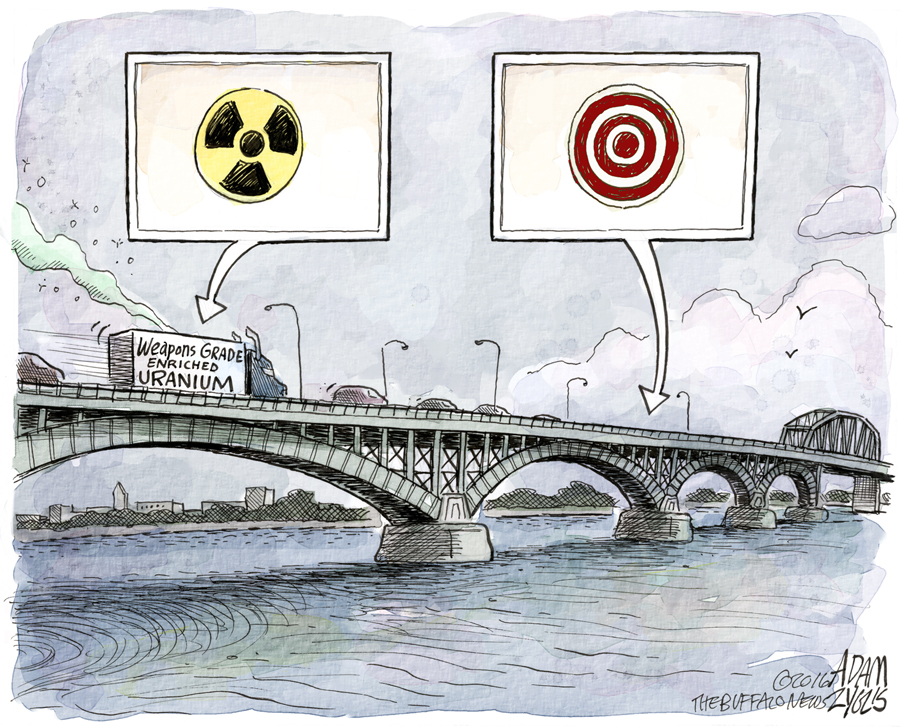As reported by the Los Angeles Times:
Holtec officials say that WCS’ problems haven’t deterred their plans for an underground storage site, saying interim storage could save the federal government billions of dollars, particularly if the Yucca Mountain plan is again postponed.
The company has strong support in New Mexico, which already has a dump for nuclear weapons waste, a uranium enrichment plant, a nuclear weapons armory and two nuclear weapons laboratories.
“We are very well-informed,” said Sam Cobb, mayor of nearby Hobbs, rejecting arguments by antinuclear groups that the industry preys on communities that need money and don’t understand the risk.
“It is not a death grab to get money,” he said. “We believe if we have an interim storage site, we will be the center for future nuclear fuel reprocessing.” (emphasis added)
Thus, Mayor Cobb, a top proponet of commercial irradiated nuclear fuel centralized interim storage in southeastern New Mexico, has come right out and admitted the reprocessing is in the plan.
In fact, the logo for the Eddy-Lea [Counties] Energy Alliance, which would host the CISF, is a recyling symbol surrounding an atom!
The Statement of Principles for Safeguarding Nuclear Waste at Reactors includes explicit opposition to reprocessing:
The Obama administration has determined that the Yucca Mountain site, which has been mired in bad science and mismanagement, is not an option for geologic storage of nuclear waste. Unfortunately, reprocessing proponents have used this opportunity to promote reprocessing as the solution for managing our nuclear waste. Contrary to their claims, however, reprocessing is extremely expensive, highly polluting, and a proliferation threat, and will actually complicate the management of irradiated fuel. Nor will reprocessing obviate the need for, or "save space" in, a geologic repository.
The Statement concludes with the following:
Prohibit reprocessing: The reprocessing of irradiated fuel has not solved the nuclear waste problem in any country, and actually exacerbates it by creating numerous additional waste streams that must be managed. In addition to be expensive and polluting, reprocessing also increases nuclear weapons proliferation threats.
The Statement was signed by many hundreds of groups, representing all 50 states, including such anti-reprocessing groups as the Center for Arms Control and Non-Proliferation, as well as the Council for a Liveable World.
See Beyond Nuclear's pamphlet about Nuclear France, to learn more about the ravages of reprocessing in northwest Europe.
And also see Beyond Nuclear's pamphlet highlighting the many dangers of reprocessing, from its astronomical expense to taxpayers, its nuclear weapons proliferation risks, and its inevitable radioactive ruination of the environment and public health, wherever it is done.





 November 29, 2020
November 29, 2020